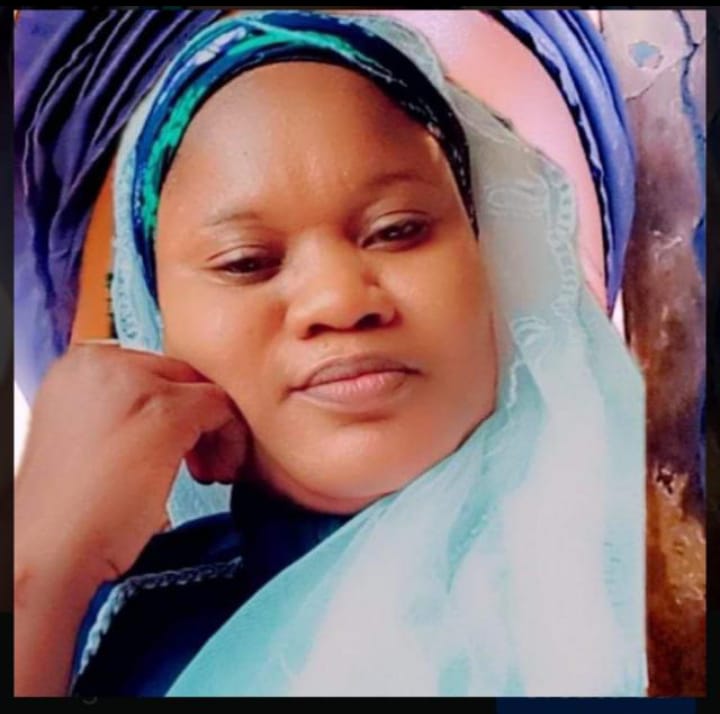From Market Stalls to Boardrooms: The Women Who Built Their Own Ladders. By Falilat Oreoluwa Dikko

From Market Stalls to Boardrooms: The Women Who Built Their Own Ladders

She did not start with millions in the bank or an office with glass walls. She started with cracked hands, dust under her fingernails, and a dream so fragile it could have been crushed under the weight of reality. Her first “shop” was a corner of the market, half a wooden table, a handful of tomatoes, and the kind of determination that keeps you awake at night. Every morning, she waded through the smell of fresh pepper and the chatter of bargaining voices, learning to stretch a little profit into tomorrow’s capital. Years later, she no longer shouts prices in the market; she signs contracts in air-conditioned boardrooms. And every signature she pens carries the story of a climb no elevator could take her on—only a ladder she built herself, rung by rung, with grit in high heels.
There is a certain poetry in the way women build their empires. They do not always begin with investors or fancy MBA degrees; they start with what they have and make it enough until it multiplies. In Nigeria and across the world, we see these transformations—humble beginnings blooming into legacies. Folorunsho Alakija, once a fashion designer with a small clientele, now commands one of Africa’s most powerful oil companies. Tara Fela-Durotoye began selling beauty products from her living room and grew House of Tara into a continental brand with training schools, retail outlets, and thousands of representatives. Their stories are not fairy tales; they are battle reports from the front lines of ambition.

And yet, beyond the headlines of billion-dollar net worths and international awards, there are quieter revolutions. A seamstress in Aba who expanded from sewing school uniforms to exporting ready-to-wear pieces to the UK. A petty trader in Ibadan who turned her tomato stall into a food distribution company supplying supermarkets across Oyo State. These are not just women in business—they are architects of their own escape routes from poverty.
Across continents, the story repeats. Oprah Winfrey born into hardship in rural Mississippi, used her voice to build a media empire that now shapes culture and philanthropy. Sara Blakely, with no background in fashion or business, invented Spanx in her apartment and built a billion-dollar brand by solving a loop simple problem women faced daily. What connects them is not luck but a relentless ability to see opportuniti mmes where others saw only dead ends.
The climb from market stalls to boardrooms is not simply a financial journey; it is an emotional and cultural one. It demands resilience in the face of ridicule, the courage to borrow when no one believes you can pay back, and the humility to start again after failure. Many Nigerian women begin their ventures without access to formal loans, relying instead on cooperative societies, daily contributions (“ajo”), and personal sacrifices, sometimes selling their jewellery or skipping meals to keep the business alive.

And then there’s the unspoken balancing act.. running a growing enterprise while raising children, caring for relatives, and meeting the endless demands of home life. The market may close at 6 p.m., but the “second shift” at home begins immediately. The energy that drives these women is a mix of necessity, vision, and the refusal to be defined by circumstance.
From Folorunsho Alakija to Ibukun Awosika, from Tara Fela-Durotoye to the countless unnamed women in markets from Lagos to Kano, the lesson is clear: ladders are not given, they are built. Some rungs are made from savings, others from relationships, many from lessons learned through bitter mistakes. But each step up is a testament to the power of persistence.
When these women finally sit at the boardroom table, they bring more than business strategies, they bring the market with them: the noise, the colour, the resilience, the instinct for survival. And they pull the table closer to the next woman still selling tomatoes, so she too can climb.
Falilat Oreoluwa Dikko, author and public affairs analyst writes from Lagos Nigeria 15th, August, 2025



